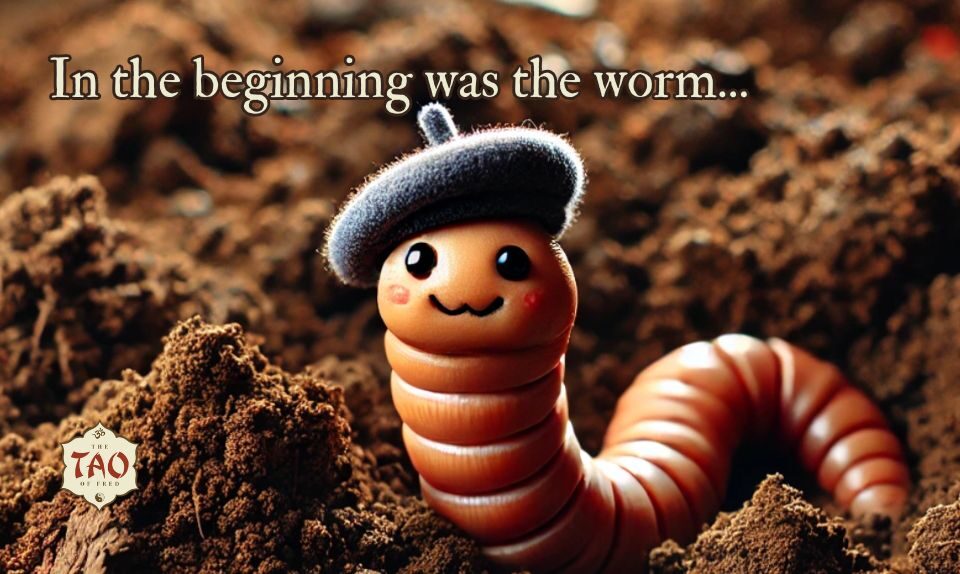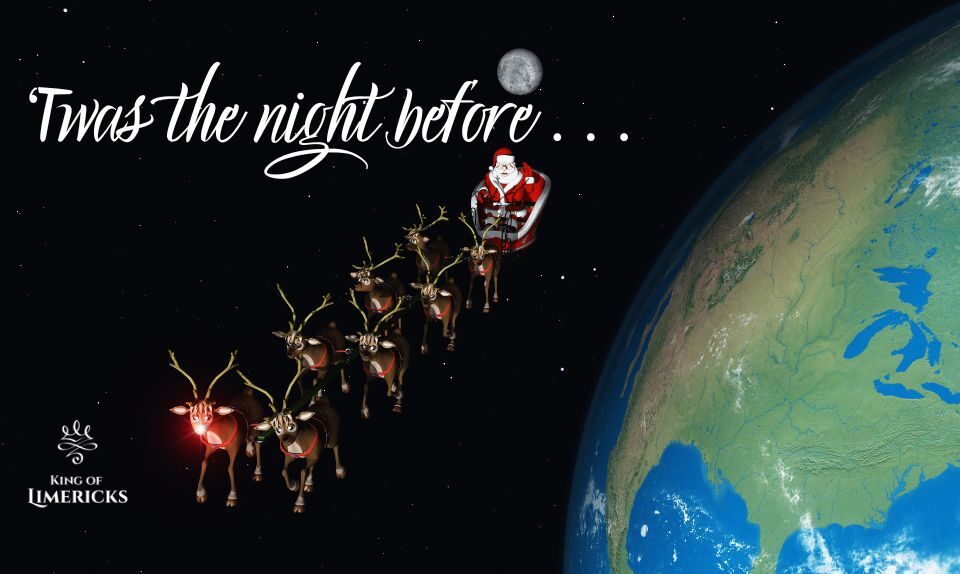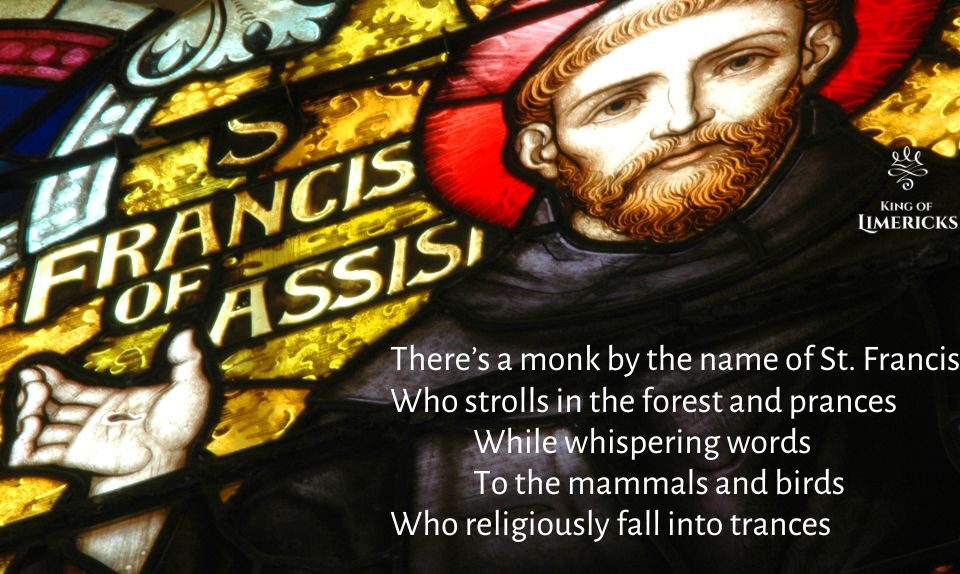
Limericks about Environmental Issues
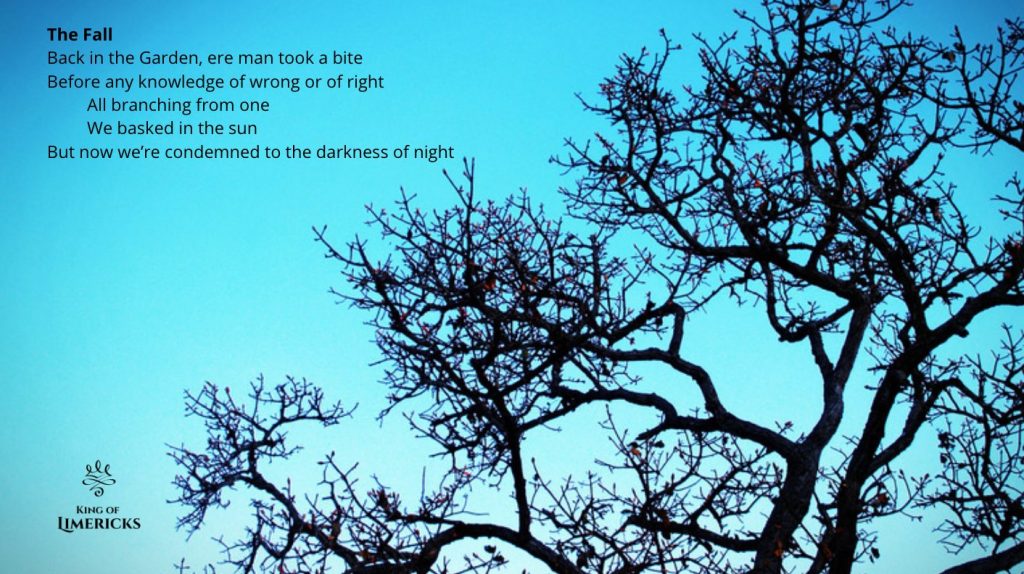
Limericks about the Garden of Eden
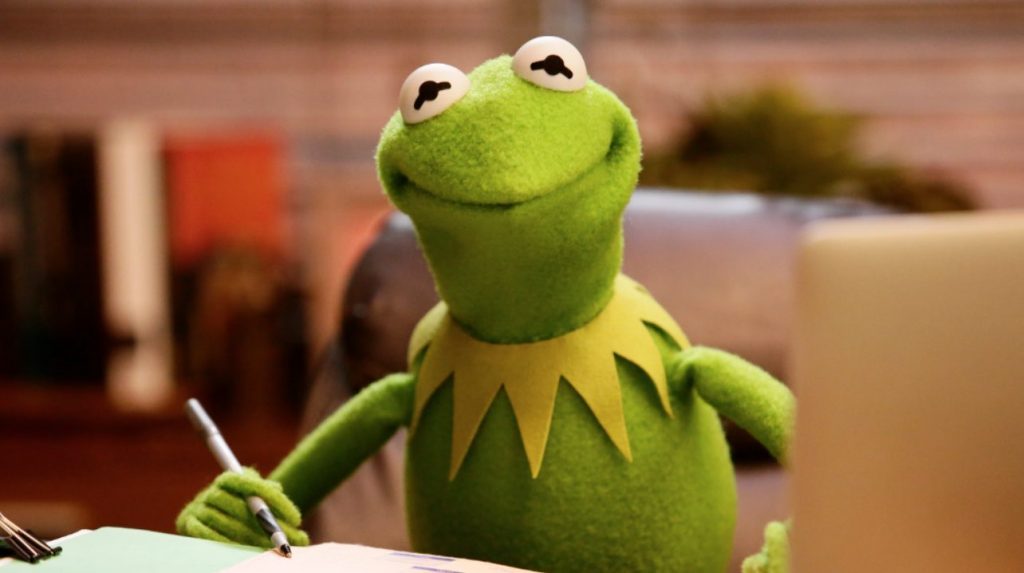
Kermit the Frog has famously warned us that it’s not easy being green. I’d like to take the perceptive amphibian’s augury one step further and say that when it comes to mystical wisdom, it’s not easy being reasonable.
These days, it feels like our only choices are between sterile, nihilistic materialism and dogmatic, religious fundamentalism. Thickets of mindless bramble and heartless nettle have overrun the middle path of sensible spirituality, leaving us nowhere to plant our feet but blindly in midair.
I’m convinced, however, that with a little patience, we can clear the trail and make our way towards greener pastures. So today I’d like to examine an often overlooked passage of the classic Muppet melody, “The Rainbow Connection,” a song that unquestionably and unapologetically takes up a dialog with the wisdom of the Other Side.
“Have you been half asleep and have you heard voices?
I’ve heard them calling my name
Is this the sweet sound that calls the young sailors?
The voice might be one and the same
I’ve heard it too many times to ignore it
It’s something that I’m supposed to be”
-Kermit the Frog
Animal instincts
The role of frogs and toads in folklore and fairy tales is widespread and well-documented throughout the world. As a window into the collective unconscious, fairy tales serve as a kind of secular scripture, and it is no exaggeration to say that the frog takes a preeminent place in this light-hearted yet deep-seeking genre. The Brothers Grimm’s “Frog Prince” is among the best known stories in their comprehensive anthology, and one that has equivalents from dozens of other cultures across Europe and Asia where the motif is repeated and revised into countless variations.
One need not look hard to find the traits that give frogs a unique, if not magical, status among the animal kingdom. Their very life cycle is a wonder to behold, as they mature from aquatic tadpole into amphibious adult. Water itself is an elemental symbol loaded with meaning. As a source of life, water can stand for the mother; as a taker of lives, it can equally denote death. It can be clear and cleansing or dark and murky, smooth and reflective or rough and choppy, but always deep and mysterious, like the cloudy depths of the subconscious.
In the variety of frog prince fairy tales, the creature’s capacity for transformation is explicit, but the frog’s greatest fascination comes from its dual nature, as much at home in the water as it is on land. It’s a rare being who has knowledge of both elements and can move effortlessly between the two. Archetypally speaking, this amphibious nature suggests a preternatural ability to move between realms of the conscious and the unconscious, or mythically speaking, between the land of the living and the land of the dead, heaven and earth.
Such characters are of chief importance in the mythological pantheon, generally referred to as tricksters or psychopomps, the best known in western culture being Hermes (or Mercury). In addition to his function as divine messenger, Hermes is recognized as a “guardian and guide,” and “bringer of good luck.” (Iliad) Besides stirring up mischief, deities of this sort serve as the connective tissue between the sacred and the mundane, holding the communicative key that unlocks the secrets of the spirit world.
The frog’s cyclical lifespan and amphibious lifestyle have also earned it a mercurial reputation in the Far East, where Taoist tradition associates these pond squatters with healing and immortality, and regards them as spirits recovered from the deep “well of truth.” (It is noteworthy that Hermes carries the staff of Caduceus, whose twin snakes have come to symbolize medicine, making the link between Greco-Roman trickster and Oriental toad even less remote.)
Sources and voices
Certainly Kermit’s keen intuition and ardent empathy support the frog’s legendary distinction as intermediary to the stars. When he speaks of voices who call when you’re half asleep, he is recalling the language of dreams, the language our unconscious uses to address our waking mind. It is a language scarcely intelligible without the aid of a skilled amphibian to perform the translation. But a creature like Kermit has the rare ability to see through what ordinary beings would consider an opaque boundary, and to guide us across the barrier like Charon over the river Styx.
The text further invokes the voyage of Odysseus, whose crew of sailors are lured by the sweet song of Sirens, one more obstacle on his epic journey back to Ithaca and his long lost Penelope. The sweet voices in the case of our text, however, are not a distracting temptation, but the true calling. So beware, Kermit warns us, listen closely and discern, for the truth can all too easily be mistaken for the distraction, and vice versa. Listen carefully to the inner voice, have trust in your self, and you will know not to ignore it.
“And some day you’ll find it, the rainbow connection.” When the light of higher truth penetrates our temporal reality, the deep will suffuse the shallow, and a ray of light will fan out into every color of the rainbow. The imagery points now to Mount Ararat, where Noah has survived the flood and docks his trusty ark on the hilltop. After delivering the devastating, nearly apocalyptic deluge, God promises never again to enact such destruction, and seals his promise with a rainbow, to signify the “everlasting covenant between God and all living creatures of every kind on the earth.” (Genesis 9:12–16)
After showing the way as translator and spirit guide, the prophet Kermit also guarantees his words with a rainbow. Like the Noahic covenant of the Old Testament, the Rainbow Connection seals the pact between the earthly and the divine, the sacred and the profane. The voices have entered from another realm, and with highest thanks and praise to Kermit, we are blessed with “ears that hear and eyes that see.” (Proverbs 20:12)
Further Reading
If you found this interesting, you’ll be sure to enjoy:
- The Future of Religion: Stages of Consciousness in the Mandala
- Om word bound: Meditations on the sacred syllable
- Limericks about Indian philosophy
- Limericks about Taoism


